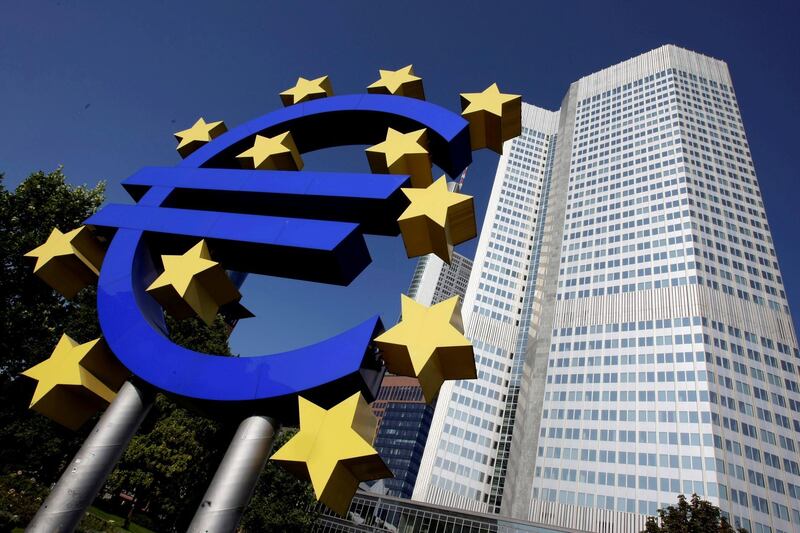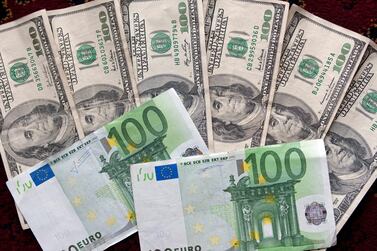The euro edged higher on Thursday as traders braced for a European Central Bank meeting to gauge policymakers’ views on the common currency’s recent appreciation and its impact on inflation.
Sterling steadied above a six-week low but could lose more ground due to growing concern that Britain and the European Union will fail to agree a trade deal.
While markets expect the ECB to keep policy steady, investors will closely watch president Christine Lagarde’s comments on how the euro’s rise to a two-year high this month affects the outlook for inflation and economic growth.
“The ECB is this week’s biggest event by far and there is a lot at stake,” said Masaru Ishibashi, joint general manager of trading at Sumitomo Mitsui Banking Corp.
“Most recently, the ECB downplayed inflation, but I want to see how Lagarde will approach this in her press conference. This will determine which way the euro goes.”
The euro bought $1.1821, holding on to a 0.3 per cent gain from the previous session.
The British pound traded at $1.2993, recovering slightly from a dip to a six-week low of $1.2839 on Wednesday.
The pound fell to 90.98 pence per euro, approaching a six-week low.
Sentiment for cable has taken a hit after Britain unveiled draft legislation that analysts say raises the possibility of it exiting the EU single market in four months’ time with no trade agreement in place.
The dollar held steady against the safe-harbour Swiss franc at 0.9116 and was little changed at 106.11 yen.
The euro got a boost on Wednesday after Bloomberg News reported that ECB officials are growing more confident in the bloc’s economic outlook.
However, traders may be reluctant to push the common currency much further before the ECB meeting due to earlier media reports that officials are growing uncomfortable with the euro’s almost 6 per cent appreciation against the dollar from its June low.
The ECB’s views are also in the spotlight after eurozone consumer prices turned lower in August for the first time since 2016, and the US Federal Reserve switched to focusing on average inflation.
“It’s possible that the ECB could try to out-dove the Fed if the euro appreciation goes too far, but whether that will be done via shifting to average inflation targeting or other means is hard to say,” Aidan Yao, senior emerging Asia economist at AXA Investment Managers in Hong Kong, told the Reuters Global Markets Forum.







